News & Advice
Keep up-to-date with the latest industry news, trends, and business tips to help you better manage your fleet.
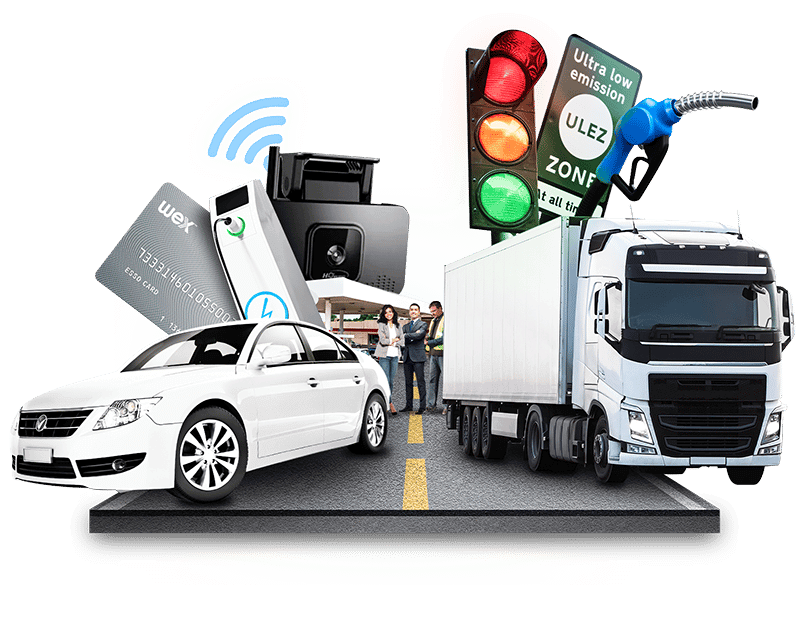

Fuel News & Fleet Management Insights
At Fuel Card Services, we recognise how important it is for fleet operators and commercial drivers to stay in the loop with the latest developments and updates in the industry.
That’s why this blog comprises informative guides, blog articles, and case studies to help shine a light on topics such as fuel cards, fleet management, and UK driving laws.
The Latest News
Filter by

How Smart Temperature Tracking Can Save Thousands
Written by: Marion Hanson, Last updated:9th June 2025
In the world of logistics, especially when managing fleets that handle temperature-sensitive goods, ensuring the integrity of the cold chain is paramount. A single lapse in maintaining the correct temperature...
Read More
Introducing Motia – the new name for Fuel Card Services & Cubo
Written by: Marion Hanson, Last updated:23rd May 2025
For years, Fuel Card Services helped businesses keep moving - whether that meant simplifying fuel payments, reducing costs, or making fleet management easier. Now, we’re taking things further. We look...
Read MoreWhat Is The Best GPS Tracker For Cars?
Written by: Marion Hanson, Last updated:19th February 2025
There are multiple options for fitting your fleet vehicles with a GPS fleet tracking device. From professionally installed, tamper-proof devices to self-installed options. But with so many options, how do...
Read More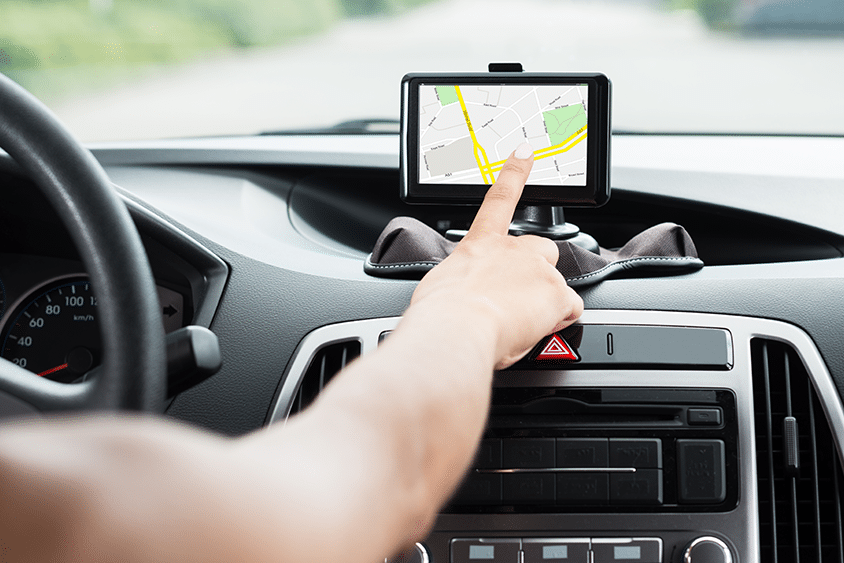
Understanding Telematics Device Components
Written by: Marion Hanson, Last updated:24th January 2025
Telematics is a field that blends telecommunications, vehicular technologies, and GPS systems to provide comprehensive data collection and communication for various applications, particularly in telematics fleet management. What are telematics?...
Read More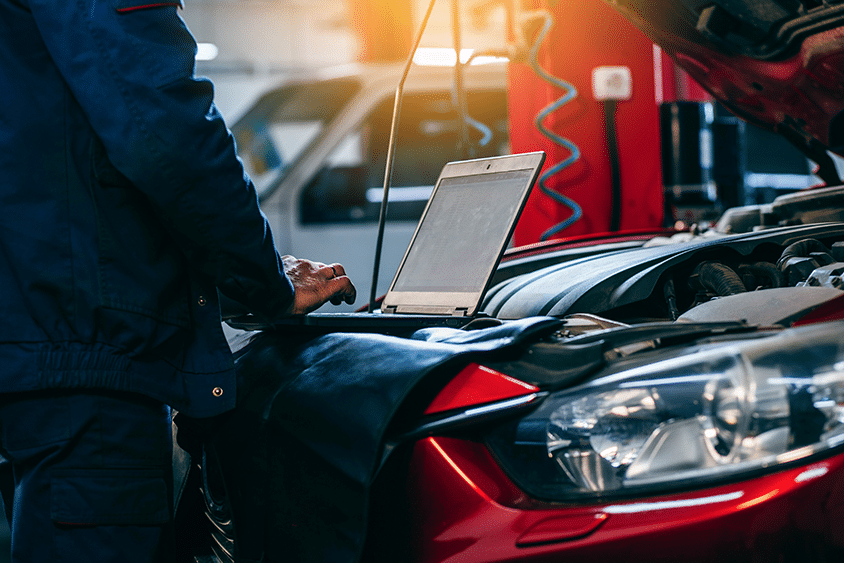
Guide To Black Box Testing For Fleets
Written by: Marion Hanson, Last updated:17th January 2025
Testing a black box is crucial to ensure its functionality, accuracy, and reliability. This guide will take you through a detailed step-by-step process, covering various aspects of testing, from initial...
Read More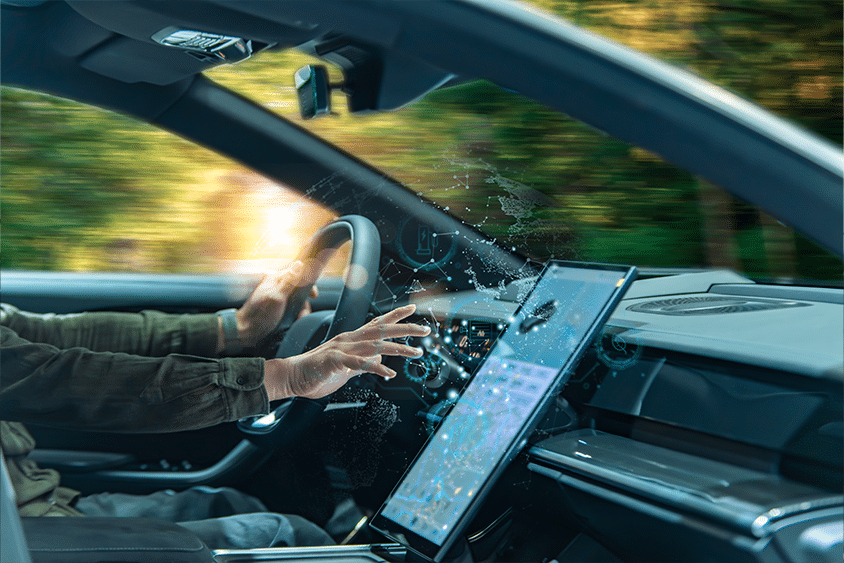
Telematics System Challenges & How To Overcome Them
Written by: Marion Hanson, Last updated:10th January 2025
Telematics systems merge GPS, onboard diagnostics, and wireless communication to derive considerable benefits for fleet management and asset tracking. But like most technology, these systems have their own set of...
Read More
How Does Our Telematics System Service Work?
Written by: Marion Hanson, Last updated:13th December 2024
In today’s fast-paced business environment, managing a fleet of vehicles efficiently is essential for reducing costs, improving safety, and enhancing overall productivity. Our Tele-Gence Telematics service offers a comprehensive solution...
Read More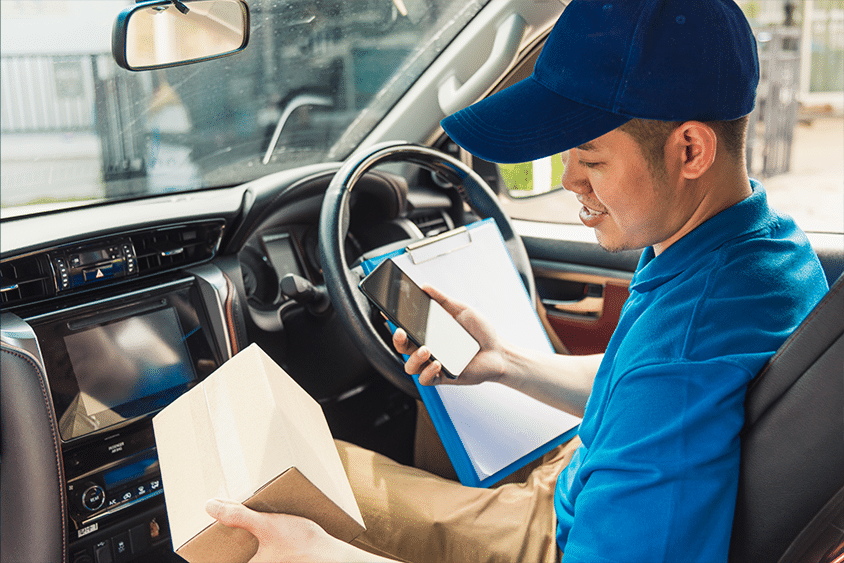
My Fleet Hub: Telematics App FAQs
Written by: Marion Hanson, Last updated:6th December 2024
Have you recently got a telematics device from us or are thinking about acquiring a telematics device with Fuel Card Services? Here are some of the frequently asked questions relating...
Read More
Sustainable Transport With Telematics
Written by: Marion Hanson, Last updated:8th November 2024
In today’s business landscape, the significance of sustainability has evolved from a mere trend to a fundamental component of strategic planning, especially for companies managing fleets of any scale. As...
Read More
Save up to 10p per litre on fuel
Find the best fuel card for your business and start saving.

